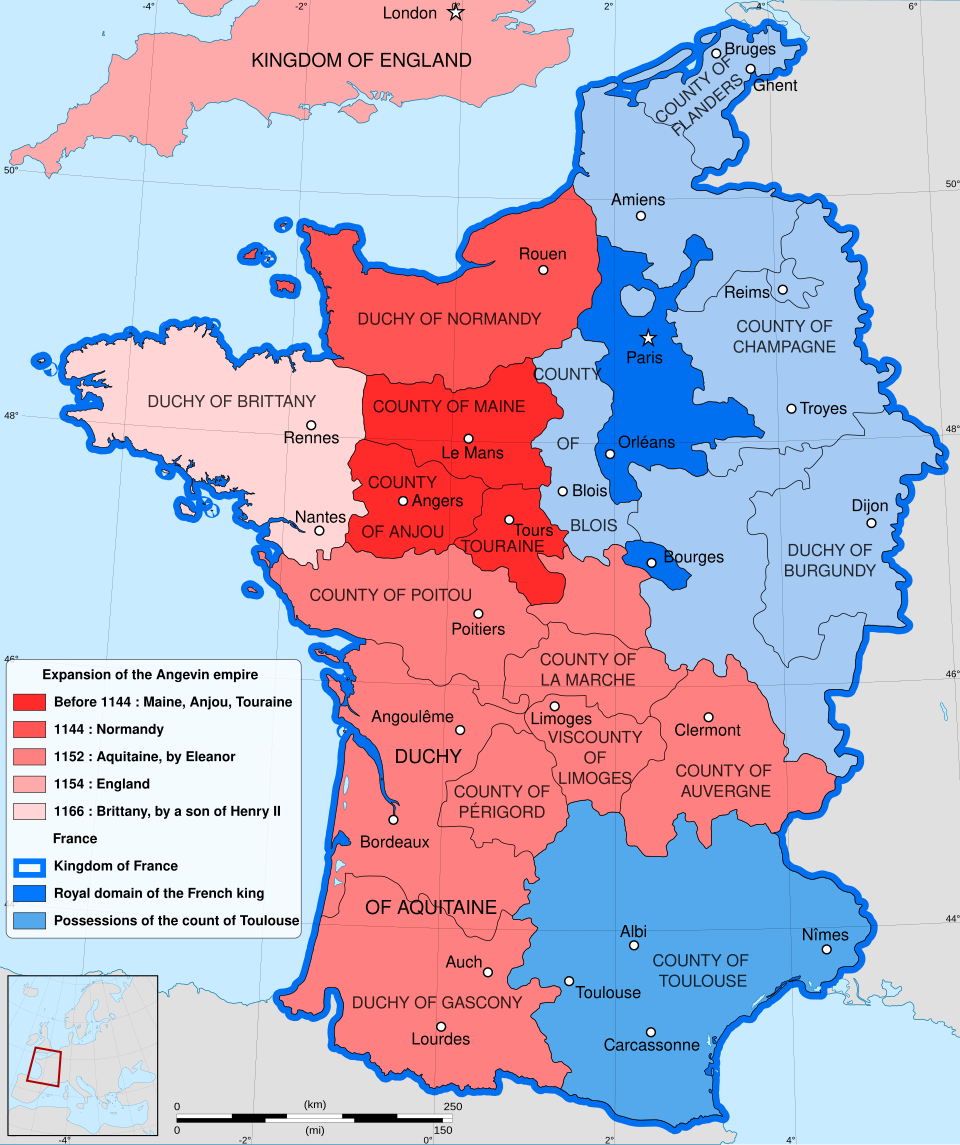January 3, 1777 - The Battle of Princeton
- James Houser
- Jan 3, 2020
- 3 min read
Updated: Aug 15, 2025
Again, this is one of my early posts, so it's pretty short and lacking a lot of the detail I would later put in. Which is a shame, since Washington was an absolute BOSS at Princeton.
Also, I was still telling these stories in the present tense, which is kind of awkward.
January 3, 1777. George Washington leads a bedraggled Continental Army into New Jersey and completes the campaign that will save the American Revolution.
After a series of demoralizing defeats around New York City throughout 1776, the fledgling American army and its commander have retreated through New Jersey across the Delaware River into Pennsylvania. The British, content with a year’s work, occupy New York and station garrisons across New Jersey. Washington knows that after such heavy defeats, he will need to do something fast to keep American spirits high; the Army is deserting fast, and if he doesn’t give them a reason to keep fighting there might not be a Continental Army left come 1777. So he takes a big risk.

On Christmas Day 1776, Washington crosses the Delaware in a sleeting storm and destroys the enemy garrison of Hessian mercenaries occupying Trenton. Safely taking his army back across the river, Washington considers his options. What he’s done is a pinprick; he could do even more damage. So on December 30, he crosses the river again, this time to face a British army under his foe Charles Cornwallis. Washington fakes Cornwallis out, leaving campfires burning in the night to deceive the enemy, while he slips behind the British commander to strike at the road to New York.

On January 3, at Princeton, New Jersey, Washington’s desperate but determined force throws itself at the British garrison. Even though the first brigade breaks and flees under the disciplined volleys of the Redcoats, the Virginian rallies his forces and leads them in a second attack that drives the British from the town and takes a number of prisoners. With word that Cornwallis has reversed course and is bearing down upon them, Washington leads his army in a narrow escape and sets them up in winter quarters at Morristown, ending a remarkable little campaign.

The Trenton-Princeton Campaign was not a major strategic victory. From December 25, 1776 to January 3, 1777, Washington destroyed no major British force and inflicted no major defeat on the mother country. What he DID do was give a glimmer of hope to the dying morale of the American rebels.
Even though they had signed the Declaration of Independence on July 4, the colonists had met major setbacks with the British defeat of their forces around New York in the autumn, and many had become convinced the cause was hopeless. Many of the erstwhile soldiers in the Continental Army were deserting, heading for home and their families, finished with the rebellion. Washington’s victories, however small, showed the infant nation that not all hope was lost. The British could be beaten.
Washington’s abilities as a general are often misunderstood. Many historians have criticized him for his lack of tactical ability (he lost a LOT of battles to the British) and his ignorance of basic military matters. However, Washington was an outstanding commander in that he understood the war he was fighting better than any other leader of the War, whether British or American. By keeping the army ALIVE, by keeping it fed and keeping it in the field, he proved that America was still in the fight no matter how many times he was defeated. His political, organizational and strategic abilities were magnificent, but the magnetism and resolve he projected to his persecuted army was greater still. Eventually, he was able to turn this resilience into outright victory with outside help – but he was the only man who could have commanded the respect of the entirety of the young nation and kept its army alive. He was truly the indispensable man, and set a standard for leadership that few – particularly in our own time – have ever come close to meeting.

For further reading, I have heard excellent things about Rick Atkinson's new book "The British Are Coming," the first in a planned trilogy narrating the American Revolution.
Book recommendation: The British Are Coming: The War for America, Lexington to Princeton, 1775-1777 by Rick Atkinson. (New York, Henry Holt & Company, 2019.)






Comments